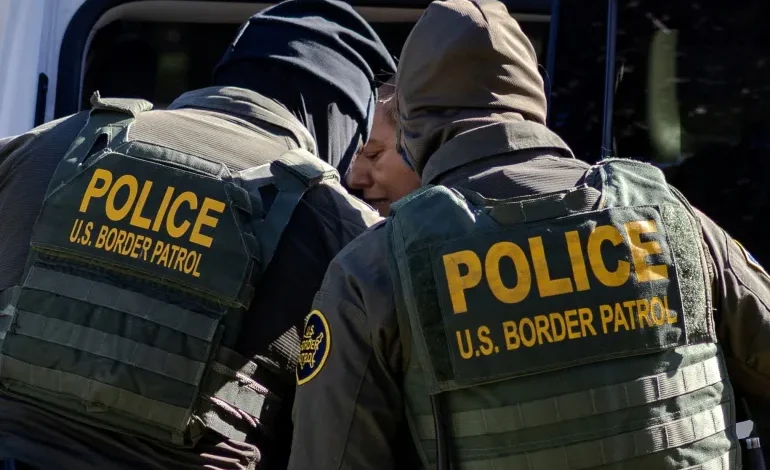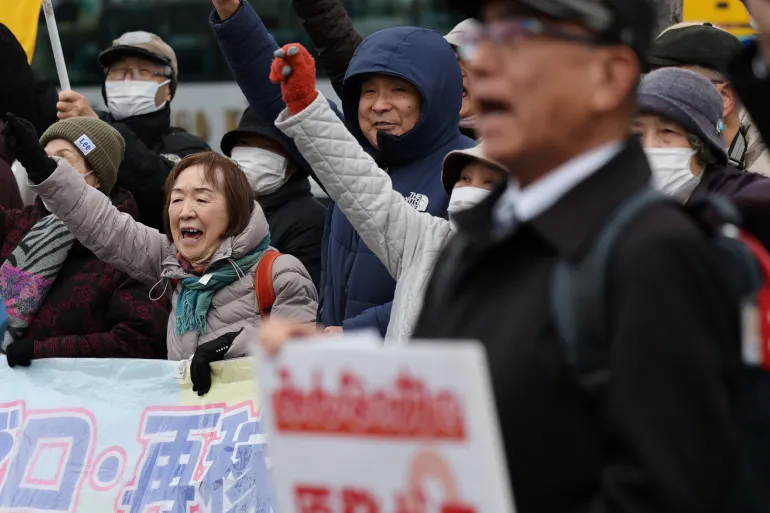Trump’s “Safe Third Country” Deal with Belize Marks New Phase of Deportation Diplomacy

The Trump administration has struck another controversial immigration deal, this time with Belize, a small Central American country now poised to receive asylum seekers who had sought refuge in the United States.
Signed Monday in Washington, the “safe third country” agreement is being hailed by the US State Department as a “milestone in ending illegal immigration.” In reality, it extends Trump’s hardline deportation strategy beyond US borders, effectively outsourcing America’s asylum burden to countries ill-equipped to handle it.
The Belizean government described the pact as one “grounded in international law and humanitarian principles,” but human rights advocates see a familiar pattern: the repackaging of deterrence under a legal-sounding label.
“The agreement reinforces Belize’s commitment to international law and humanitarian principles while ensuring strong national safeguards,” Belize’s press office claimed on Facebook.
Under the deal, asylum seekers arriving in the US can be transferred to Belize, which in turn will receive financial and technical assistance to “enhance its asylum and border management policies.” Details remain vague, but Belize insists it will retain “an absolute veto over transfers,” imposing limits on nationality, total numbers, and strict security screenings.
Critics, however, warn that such agreements often fail to protect those most in need. “Safe third country” deals have been repeatedly condemned for allowing wealthier states to dump asylum seekers into countries that may lack robust legal protections or even basic infrastructure to ensure their safety.
Since returning to office, President Trump has pursued similar arrangements with nearly a dozen countries, among them Rwanda, Uganda, Panama, Costa Rica, and South Sudan, many of which the US State Department itself lists as unsafe for American citizens. Lawyers for several deported migrants already allege arbitrary detention and denial of due process in some of these destinations.
Trump officials insist the agreements are lawful and necessary to “shut down abuse of the asylum system.” But legal experts argue they undermine the 1951 Refugee Convention, which forbids returning asylum seekers to territories where they risk persecution.
Belize’s legislature still needs to ratify the accord, but the move fits into a broader “deportation diplomacy” trend that Trump has championed, one that uses aid packages and trade leverage to persuade smaller nations to absorb US deportees.
For Belize, a country of just over 400,000 people with limited resources, the deal carries heavy implications. If even a fraction of asylum seekers redirected from the US arrive, the pressure on its fledgling institutions could be immense.









The latest news in your social feeds
Subscribe to our social media platforms to stay tuned